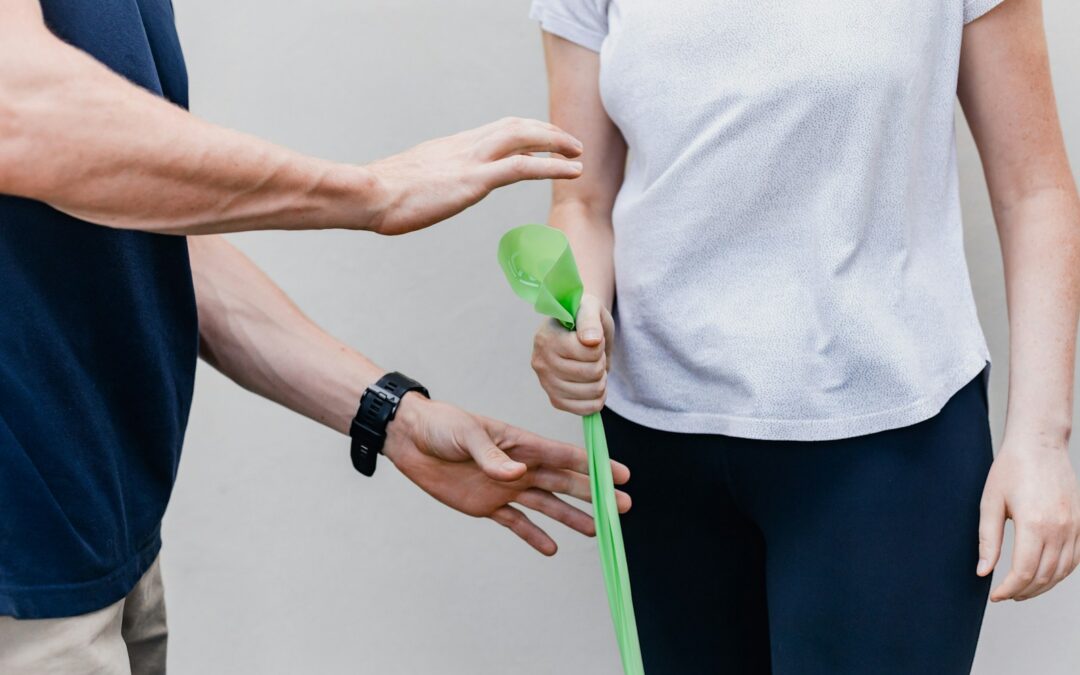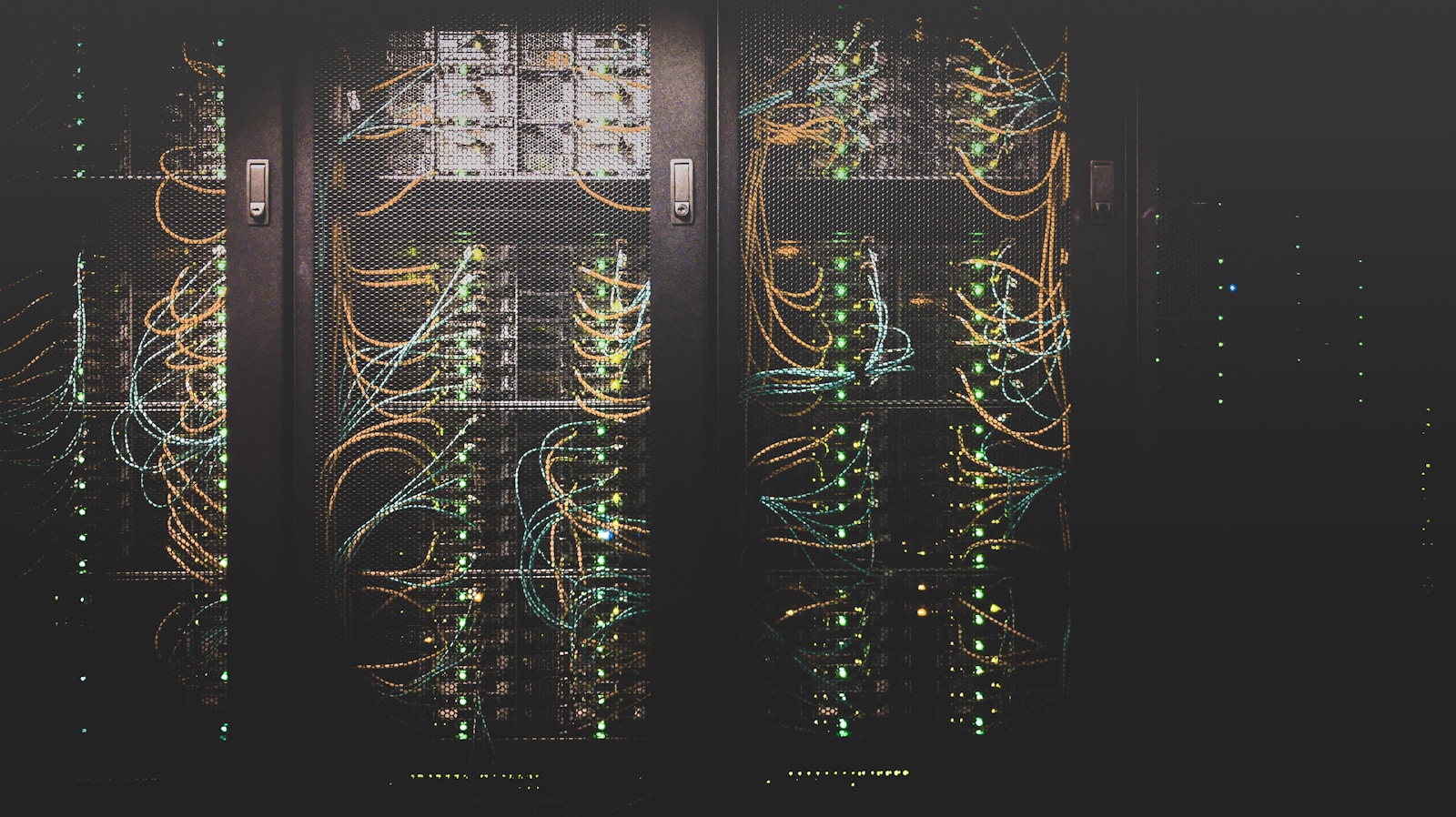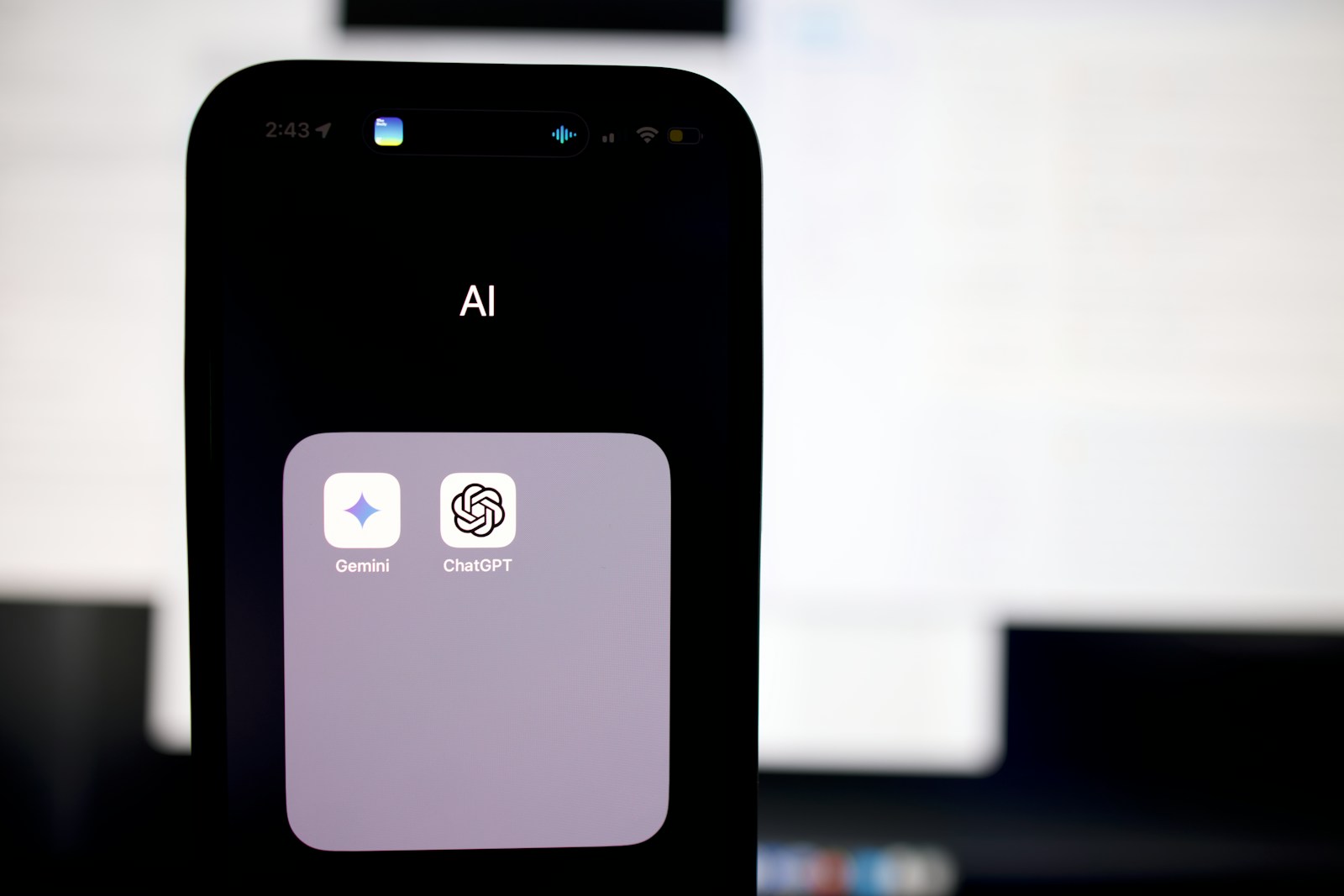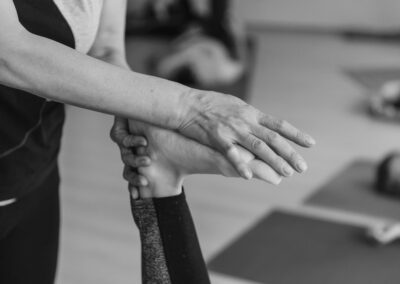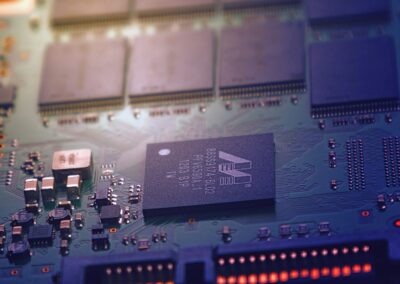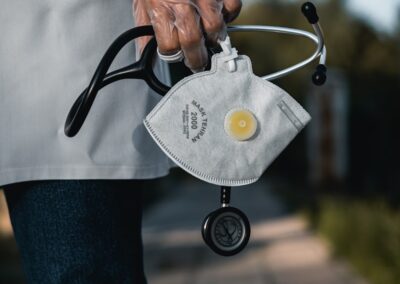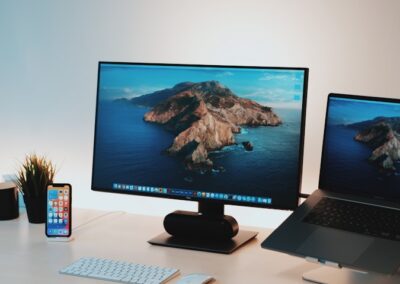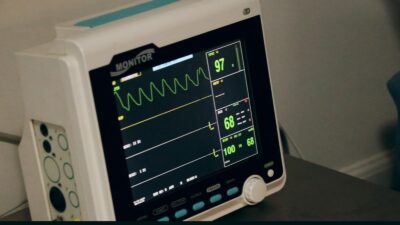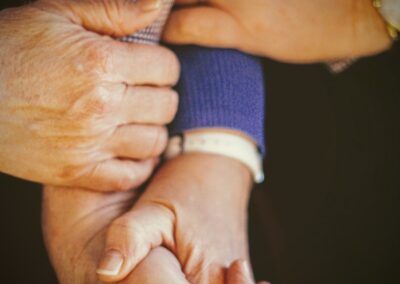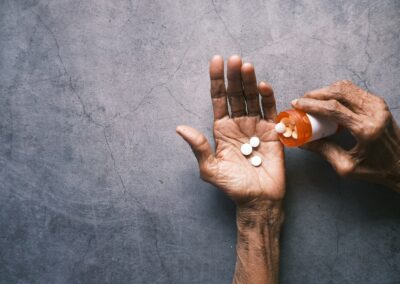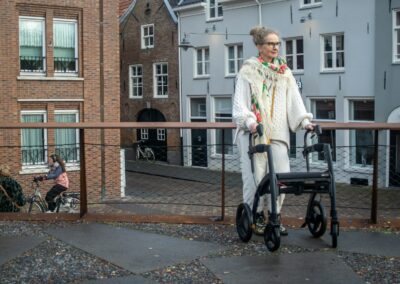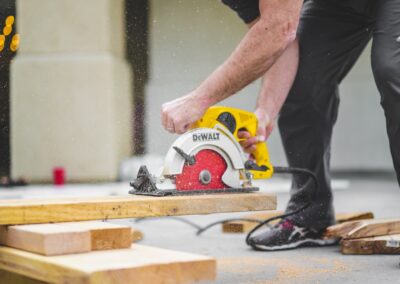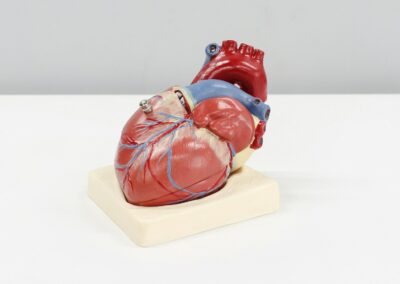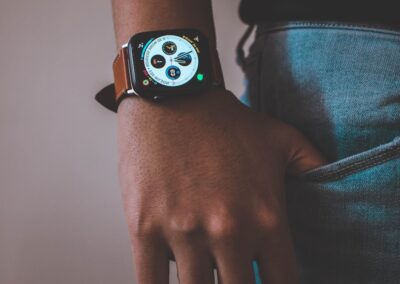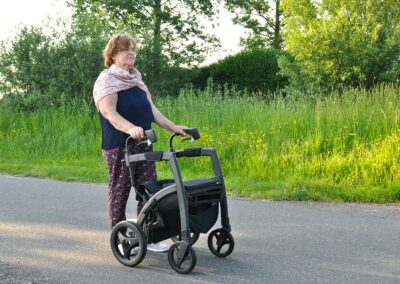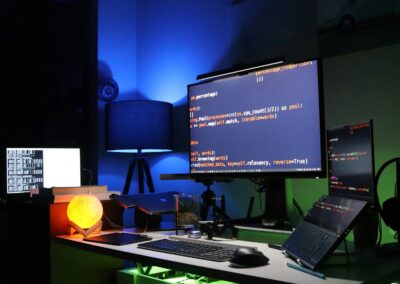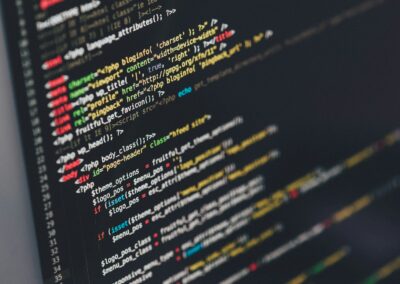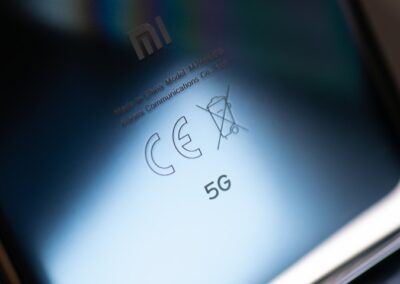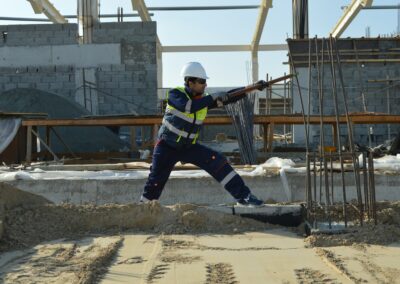Personalized Recovery Plans and Improved Patient Outcomes
Introduction to Digital Twins in Rehabilitation
Digital Twins in Rehabilitation are reshaping the landscape of patient recovery by offering personalized and highly effective rehabilitation plans. This innovative technology involves creating a virtual replica of a patient’s physical condition, allowing for continuous monitoring and precise adjustments to their recovery regimen. By leveraging real-time data, healthcare professionals can tailor rehabilitation programs to meet the specific needs of each patient. In regions like Saudi Arabia and the UAE, where there is a strong emphasis on advanced healthcare solutions, the adoption of digital twins in rehabilitation is showing significant promise. These virtual models help in optimizing recovery processes, enhancing patient outcomes, and ensuring a higher standard of care.
Applications in Saudi Arabia and the UAE
In Saudi Arabia, digital twins are being utilized in leading medical institutions to provide personalized rehabilitation services. For instance, in Riyadh, hospitals are employing digital twins to monitor the progress of patients recovering from surgeries or chronic conditions. These digital models allow doctors to adjust therapy plans in real-time, ensuring that each patient receives the most effective treatment. Similarly, in Dubai, rehabilitation centers are integrating digital twins to enhance the recovery of patients with neurological disorders. By simulating different therapeutic approaches and monitoring their impacts, healthcare providers can identify the most effective strategies for each individual, thereby improving the overall quality of care and accelerating recovery times.
Case Studies Highlighting Successes
Several case studies underscore the potential of digital twins to transform rehabilitation. One notable example is a study conducted in Riyadh, where digital twins were used to support the recovery of stroke patients. The personalized therapy plans, informed by continuous data from the digital twins, led to significantly better outcomes compared to traditional methods. Patients showed faster improvements in motor skills and cognitive functions, demonstrating the efficacy of this approach. In Dubai, a rehabilitation center reported enhanced recovery rates for patients with spinal cord injuries using digital twins. By constantly adapting treatment plans based on real-time feedback, the center was able to provide more targeted and effective therapies, resulting in better patient outcomes and higher satisfaction rates.
Integrating Digital Twins with Modern Technologies
Enhancing Rehabilitation with Artificial Intelligence
Artificial Intelligence (AI) plays a crucial role in enhancing the capabilities of digital twins in rehabilitation. AI algorithms analyze data from digital twins to identify patterns and predict patient responses to various treatments. This predictive capability allows for more accurate and personalized recovery plans. For example, AI can help determine the optimal intensity and duration of physical therapy sessions for a patient recovering from a knee replacement. In Riyadh and Dubai, healthcare providers are incorporating AI to refine rehabilitation protocols, ensuring that each patient receives the most effective and efficient care possible. The integration of AI with digital twins not only improves patient outcomes but also streamlines the rehabilitation process, making it more adaptable and responsive.
Securing Patient Data with Blockchain Technology
Maintaining the security and integrity of patient data is paramount in the use of digital twins. Blockchain technology offers a robust solution by providing a secure and immutable ledger for health data. This ensures that patient information is protected from unauthorized access and tampering, fostering trust among patients and healthcare providers. In the UAE and Saudi Arabia, where data privacy regulations are stringent, blockchain integration with digital twins ensures compliance while enhancing the reliability of health monitoring systems. By securing data with blockchain, healthcare institutions can confidently implement digital twins, knowing that patient information is safeguarded, thereby enhancing the overall effectiveness of rehabilitation programs.
Future Prospects and Conclusion
The future of digital twins in rehabilitation is bright, with continuous advancements in technology poised to further enhance their capabilities. As Saudi Arabia and the UAE continue to invest in healthcare innovation, the integration of digital twins will play a critical role in improving patient outcomes and setting new standards in rehabilitation. By combining digital twins with AI and blockchain, healthcare providers can offer more personalized, secure, and effective rehabilitation services. The success stories from Riyadh and Dubai highlight the transformative potential of this technology, paving the way for its broader adoption. As these technologies evolve, they will provide even more sophisticated tools for patient care, ensuring that rehabilitation is tailored to individual needs and maximizes recovery potential.
#DigitalTwins #Rehabilitation #PersonalizedRecoveryPlans #PatientOutcomes #SaudiArabia #UAE #Riyadh #Dubai #ArtificialIntelligence #Blockchain #Metaverse #ExecutiveCoaching #GenerativeAI #ModernTechnology #BusinessSuccess #LeadershipSkills #ProjectManagement

